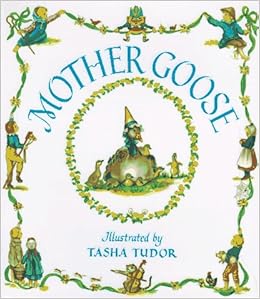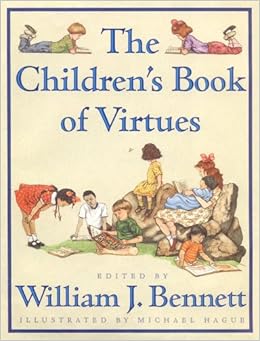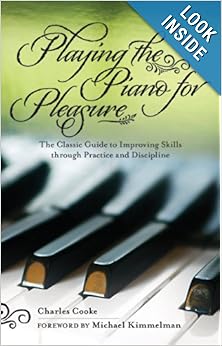I can't remember exactly why I began to read Charlotte Mason's works on education. I read Susan Schaeffer MacAulay's For the Children's Sake when I was a teenager. To be honest, I don't remember it very well. Sometimes when you read things without the opportunity to apply them, they don't make much more than a vaguely positive impression when you think of them years later. Then, about a year ago, I read When Children Love to Learn. One of the reasons we should educate our children with "living books" spoke to me...it is to put the minds of our children directly in touch with the author's mind, without letting our teaching and explaining get in the way. (I'm sorry, I have since lent the book out, so I can't give you a quote on that.) I had been reading a lot about Charlotte Mason's ideas, and liking them very much. There are many books and blogs that do a wonderful job of presenting her ideas. But the thought came to me that all these interpreters were getting between my mind and Charlotte Mason's mind, so to speak. And so I decided to begin to read her myself.
Since then, I've found myself often preaching the value of reading Charlotte Mason while your children are still young, long before you start homeschooling. If you're a beginning homeschooler (or even just planning to homeschool sometime in the future) and I've overwhelmed you with that thought, crushed you with a six-volume series written in Victorian English, when really, all you want is some practical ideas, preferably in small packages, I am sorry. I don't mean to be that way. It's just that I myself wish I had started reading Charlotte Mason's own works when my oldest child was just a baby. I never realized that she had so much to teach me about the preschool years.
Here are some of the ways Charlotte Mason has helped me as a mother of preschoolers:
1. She has encouraged me by reminding me of the value of the work I do as a mother.
2. She has given me a broader view of what education is than I might have had otherwise.
3. She has helped me order my priorities in my day to day life with my preschool children.
4. She has given me confidence in the choices I'm making as a homeschooler (and there is so much to choose from these days!).
1. She has encouraged me by reminding me of the value of the work I do as a mother.
2. She has given me a broader view of what education is than I might have had otherwise.
3. She has helped me order my priorities in my day to day life with my preschool children.
4. She has given me confidence in the choices I'm making as a homeschooler (and there is so much to choose from these days!).
For the next few Mondays, I'm going to unpack some of these points (and possibly others as they present themselves). But I hope you won't take my word for it. I hope you will be inspired to go and read Charlotte Mason for yourself.
Never was it more necessary for parents to face for themselves this question of education in all its bearings. Hitherto, children have been brought up upon traditional methods mainly. The experience of our ancestors, floating in a vast number of educational maxims, is handed on from lip to lip; and few or many of these maxims form the educational code of every household.But we hardly take in how complete a revolution advancing science is effecting in the theory of education. The traditions of the elders have been tried and found wanting; it will be long before the axioms of the new school pass into the common currency; and, in the meantime, parents are thrown upon their own resources, and absolutely must weigh principles, and adopt a method, of education for themselves. (Vol. 1, p. 6)Is the necessity so different now? I think not.
As for the impossible thought of reading a six-volume set when you are understandably busy with your babies and your preschoolers, why not try just starting with Volume 1? I often find myself reading a little at a time while I'm nursing, or at quiet time. If it's the Victorian English that concerns you, Ambleside Online has a good modern English paraphrase available online for free. (They also have the original series available.)
More on reading Charlotte Mason as a mother of preschoolers:
Encouragement for Mothers of Preschoolers
Charlotte Mason and Preschool Priorities 1: The Outdoor Life for the Children
Charlotte Mason and Preschool Priorities 2: Habits
Education is Bigger than You Think









.JPG)
.JPG)





